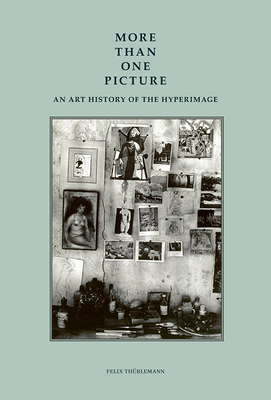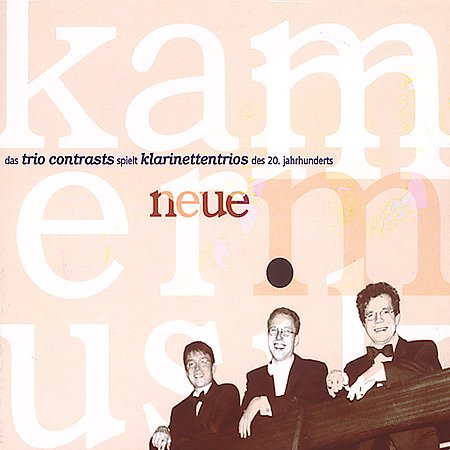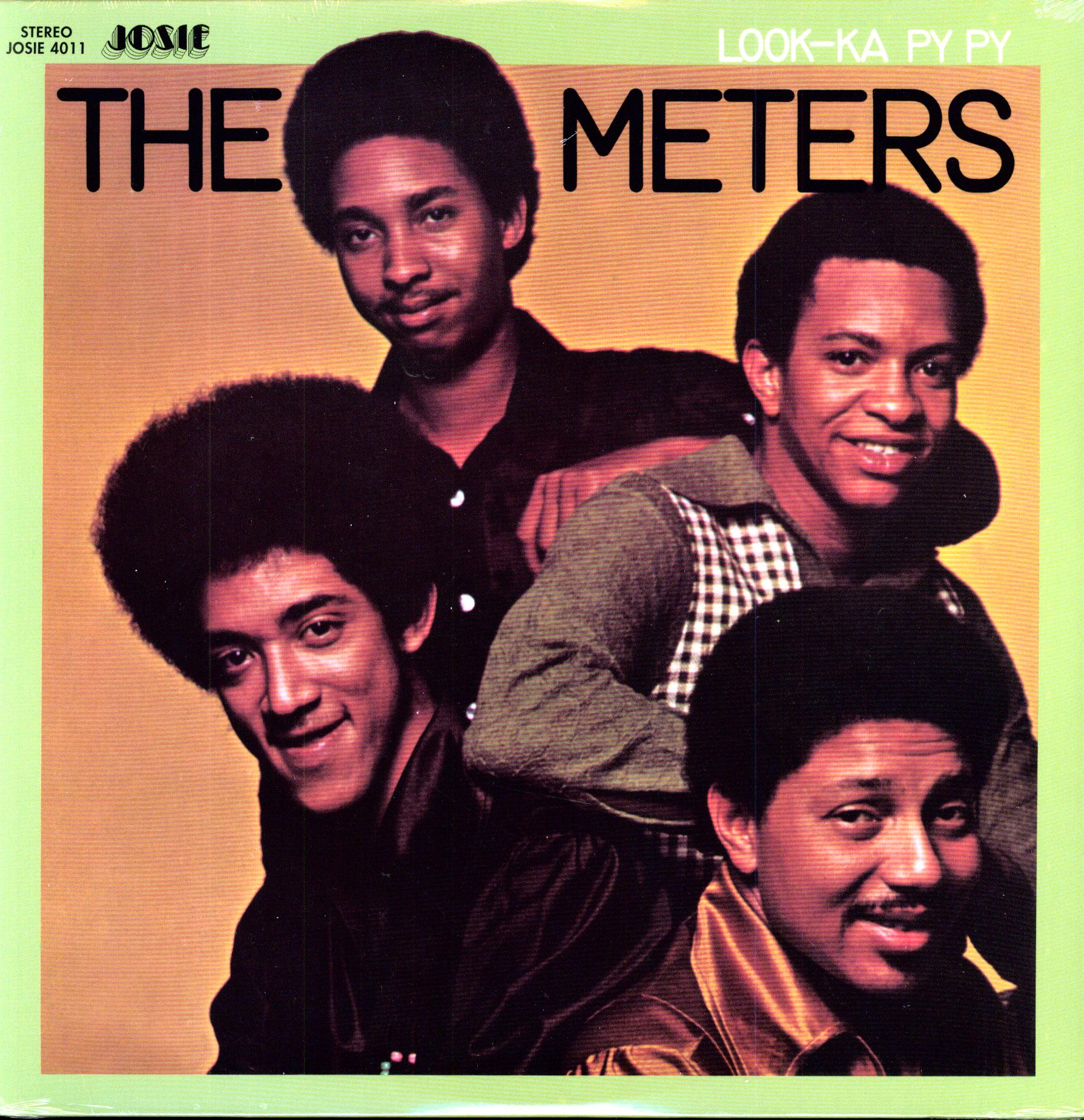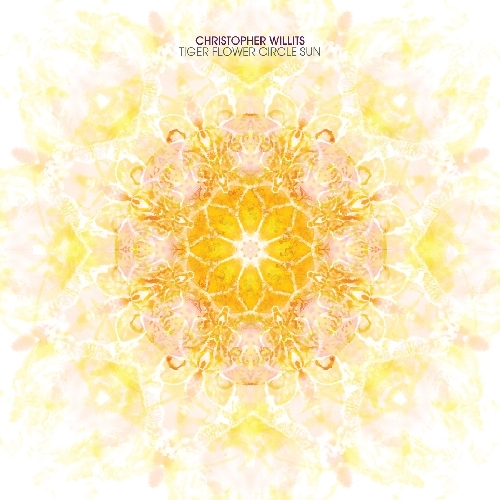
description
2This thought-provoking and original book argues that hyperimages--calculated displays of images on walls or pages--have played a major role in the history of art.
In exhibitions, illustrated art books, and classrooms, artworks or their photographic reproductions are arranged as calculated ensembles that have their own importance. In this volume, Felix Thürlemann develops a theory of this type of image use, arguing that with each new gathering of images, an art object is reinterpreted. These hyperimages have played a major role in the history of art since the seventeenth century, and the main actors of the art world are all hyperimage creators. In part because the hyperimage is not permanently available, this interplay of images has been largely unexplored.
Through case studies organized within three groups of producers--collectors and curators, art historians, and artists--Thürlemann proposes a theory of the hyperimage, explores the semiotic nature of this plural image use, and discusses the arrangement and interpretation of such pictures in order to illuminate the phenomenon of Western image culture from the beginning of the seventeenth century until today. His analysis of the ways in which images are assembled and associated provides a crucial context for the explosive present-day deployment of images on digital devices.
In exhibitions, illustrated art books, and classrooms, artworks or their photographic reproductions are arranged as calculated ensembles that have their own importance. In this volume, Felix Thürlemann develops a theory of this type of image use, arguing that with each new gathering of images, an art object is reinterpreted. These hyperimages have played a major role in the history of art since the seventeenth century, and the main actors of the art world are all hyperimage creators. In part because the hyperimage is not permanently available, this interplay of images has been largely unexplored.
Through case studies organized within three groups of producers--collectors and curators, art historians, and artists--Thürlemann proposes a theory of the hyperimage, explores the semiotic nature of this plural image use, and discusses the arrangement and interpretation of such pictures in order to illuminate the phenomenon of Western image culture from the beginning of the seventeenth century until today. His analysis of the ways in which images are assembled and associated provides a crucial context for the explosive present-day deployment of images on digital devices.
member goods
No member items were found under this heading.
listens & views

CLARINET TRIOS: TRIO CONTRASTS
by VON EINEM / BERG / SCHOLZ / DOLLFUSS / ESSER
COMPACT DISCout of stock
$14.75
Return Policy
All sales are final
Shipping
No special shipping considerations available.
Shipping fees determined at checkout.






